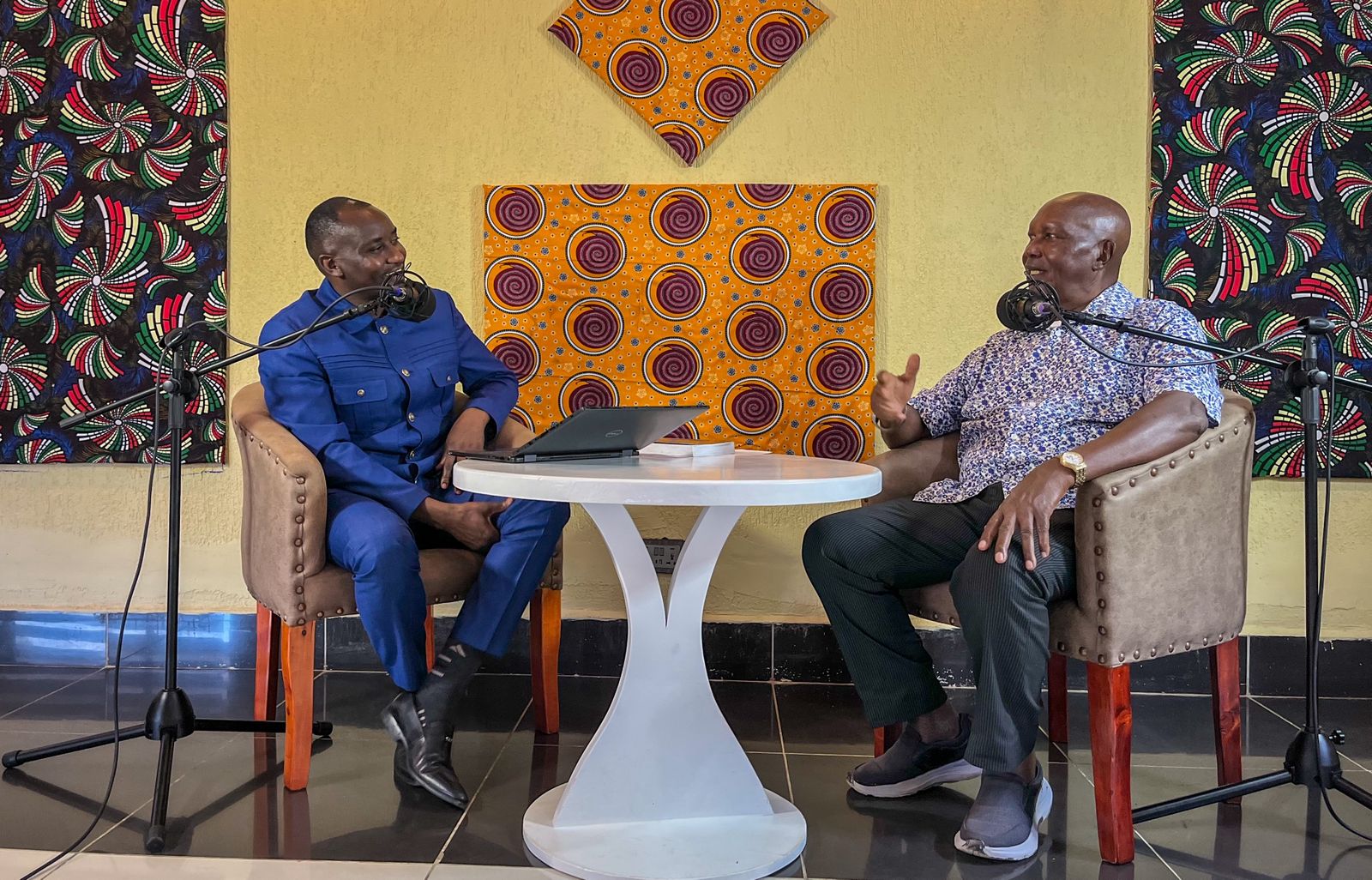- During Jomo Kenyatta’s era, stories were carefully edited by government agencies to eliminate anything that could demean the President or portray him as ignorant. These filtered narratives were then disseminated to national and international outlets.
Former Presidential Press Secretary Lee Njiru believes the current presidential regime is too predictable. Speaking on the TalkChat Podcast, he attributes this to the communication style in use, emphasizing that maintaining an air of mystery is essential for preserving respect.

Historically, presidential communication styles have varied significantly across regimes, with each president showcasing unique strengths and weaknesses. Njiru highlights these disparities, suggesting that the current government could benefit from past lessons.
He argues that the current presidency lacks the mystery that characterized earlier administrations, largely due to their media portrayal.
"It is good to appreciate the fact that there was no social media. There were only two newspapers, the Nation and the Standard, which had no bureaus across the country,” he explained.
Read More
During Jomo Kenyatta’s era, stories were carefully edited by government agencies to eliminate anything that could demean the President or portray him as ignorant. These filtered narratives were then disseminated to national and international outlets.
“Moi inherited this system, so communication was easy. What was put out to the public was filtered and very strict," Njiru noted. This approach helped create a polished public image for the presidents.
In contrast, Njiru points out that today, "everybody is a journalist." He observes that current politicians often fail to recognize that their words are recorded and broadcast in real time. "They must arrange their messages before they speak and not get overly excited when they see a microphone," he advised.
“It is not the problem of those handling the mic, but rather a problem with the politicians,” he added, underscoring the need for thoughtful communication in an age where information travels faster than ever.

-1747991882.jpg)

-1772102940-md.jpg)


-1772090413-1772095461-md.jpg)
-1772094026-md.jpg)

-1772102940-sm.jpg)


-1772090413-1772095461-sm.jpg)